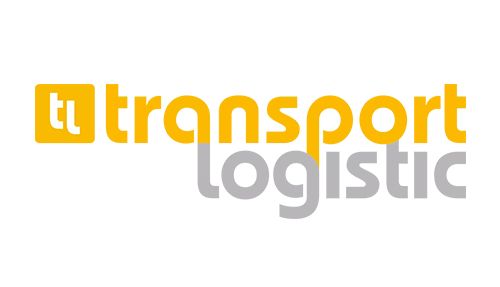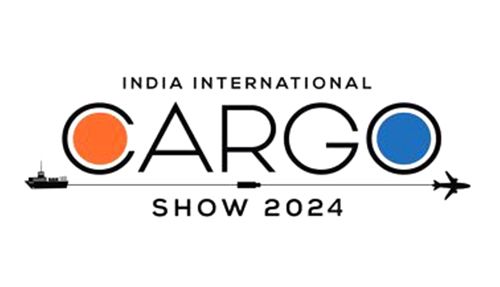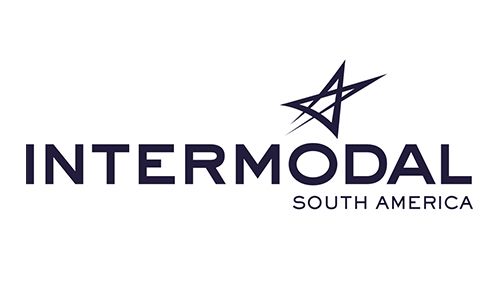Will The Recent WTO Deal Help You?

Recently the member states of the World Trade Organization met in Bali, Indonesia, and made a landmark unanimous agreement between its 159 member nations on measures for more transparent customs rules, the expedited release of perishable goods, promotion of electronic payments, and to eventually adopt common customs standards.
However, despite this great news from the WTO meeting in early December, the general council of the WTO is still required to adopt the agreement, and that could be a 7 month wait. A number of trade representatives and other experts are hopeful that the measures, when implemented, will boost trade. However, there are critics that believe the agreement amounts to nothing more than a commitment from member nations to upgrade their rules for customs.
Who Benefits Most?
Some analysts expect the developing nations of the world to see the greatest benefit from the agreed measures. The same analysts also feel that the agreement makes global trader simpler overall, because it will be more transparent and as a result, more predictable. A number of analysts have noted how fragmented the systems of trade are between countries, for example the European Union, although an economic community, each of its member states has its own unique customs requirements. That means for a product to be available throughout the EU, it must clear the customs requirements of 28 different nations. It is hoped that burdens similar to this are relieved by the agreement going into effect.
Importers may particularly be interested in the WTO agreement, because it is expected to ease the burden of manpower that is required to ensure that existing rules are being complied with when importing goods. In many countries, importers often do not take advantage of their country’s existing free trade agreements, because there is often such an abundance of red tape involved with proving the origin of a product, many forego the process completely as they lack the resources to make efficient use of the possibilities.
World Economy to Grow $1 Trillion
The WTO expects this agreement, once it goes into effect, to grow the world economy by about USD$1 trillion. Will it actually generate that much for the global economy, we will have to wait and see. However, for those in global trade that are required to satisfy the requirements of multiple government agencies or complete a massive number of forms, this agreement may yet hold some hope in easing the burdens on individuals and businesses within the supply chain and around the globe. Especially if located within the borders of the World Trade Organization’s 159 member states.
Member Testimonials
Our Partners
X2 Conference
Our special networking event is about smart freight forwarders coming together to grow and develop business within the group by providing an opportunity for all members to gather in one place to form and extend personal relationships.
- 1
- 2
- 3
- 4
- 5
- 6
- 7
- 8
- 9
- 10
- 11
- 12

NEW YORK
- 1
- 2
- 3
- 4
- 5
- 6
- 7
- 8
- 9
- 10
- 11
- 12

sao paulo
- 1
- 2
- 3
- 4
- 5
- 6
- 7
- 8
- 9
- 10
- 11
- 12

london
- 1
- 2
- 3
- 4
- 5
- 6
- 7
- 8
- 9
- 10
- 11
- 12

dubai
- 1
- 2
- 3
- 4
- 5
- 6
- 7
- 8
- 9
- 10
- 11
- 12

bangkok
- 1
- 2
- 3
- 4
- 5
- 6
- 7
- 8
- 9
- 10
- 11
- 12

hong kong
- 1
- 2
- 3
- 4
- 5
- 6
- 7
- 8
- 9
- 10
- 11
- 12

tokyo
- 1
- 2
- 3
- 4
- 5
- 6
- 7
- 8
- 9
- 10
- 11
- 12

sydney
Book a Discovery Call with our Network Development Managers
Got questions or want to explore new opportunities within our networks? Schedule a one on one meeting with our Network Development Managers.


























.jpg)











